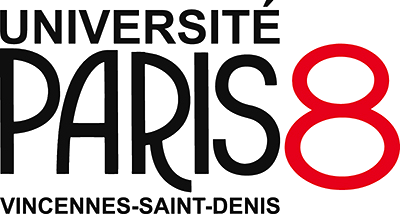From climate change to stock market crashes, societies are increasingly confronted with complex, interconnected economic, social and environmental problems. Public and private decisions to meet these challenges affect future generations and – in a globalized world – oftentimes impact on societies abroad. Governance of sustainable development has to take into account these complex, long-term and side effects. This is why the evidence base of decision-making is of growing importance. Many countries have established institutions such as advisory councils, assessment procedures, evaluation clauses etc., and initiated research programmes to collect evidence and to assess policies with regard to their impacts on the various problems that modern societies face. This is meant to take possible side effects into account, thereby improving the quality of decision-making and contributing to sustainable development.
Against this background, the conference will cover two issues:
1. How can the research process be organised to develop evidence that is considered relevant and timely in the political process to meet the challenges of sustainable development?
2. How can the policy-science interface be organised in a way that such scientific evidence is taken into consideration?
Paper submission and selection
Paper proposals (max. 300 words) are invited for submission through the conference website by 1 April, 2012 (registration for paper submission will be open soon). Submissions will then be reviewed anonymously by an international reviewer panel. Acceptance will be decided on the basis of scientific quality (theoretical, methodological, new empirical evidence) and best fit with the conference topics. Notification of acceptance will be announced by 30 June, 2012. Full papers are expected by 15 September, 2012.
The conference hosts aim to make funds available to support travel of researchers from developing countries and of young researchers. However, as these funds are limited, contributors are encouraged to identify other sources for funding as well.




